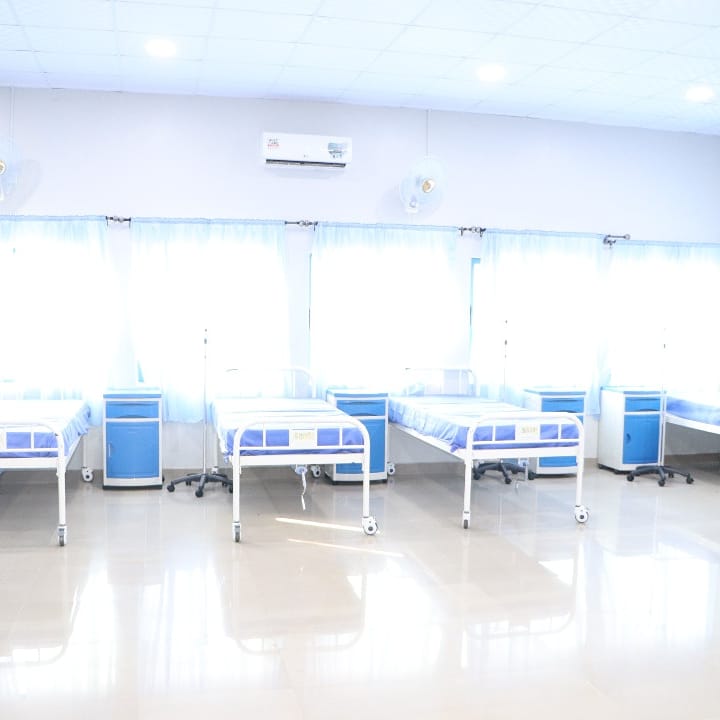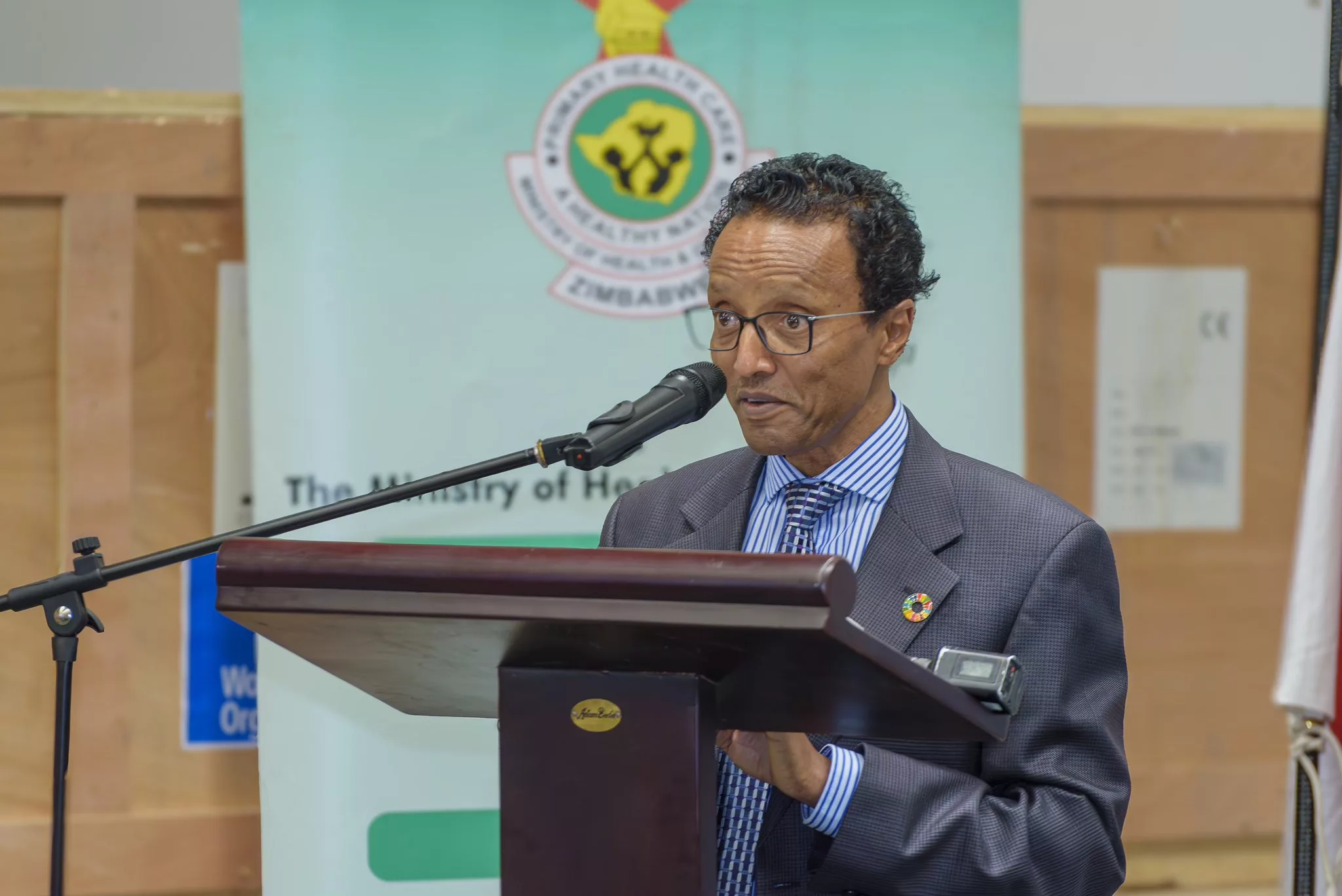|
Getting your Trinity Audio player ready...
|
By Elvis Dumba
The uptake of maternal health services has largely been predominant among women with most men shying away from the issues for various reasons but recently men are embracing this subject.
A survey by this publication revealed that males usually shy away from public medical institutions due to the lack of privacy and prefer private health institutions.
A health worker at Kuwadzana who is not authorised to speak to the press said he has noted a slight increase of men participating in maternal health issues at the health facility.
“I am happy that we have men who are coming to our health centre to participate in the maternal health issues mainly to do with children health issues. This is a welcome development,” she said.
The health worker who has been a medical nurse for more than 25 years said men usually shy away from public health institutions for their personal medical issues unless when they are seriously ill and when they are forced to seek medical attention.
“History has shown that most men don’t visit public health institutions as they claim there is no privacy. This is not really true because the health client charter provides for privacy and confidentiality of all clients,” she commented.
The involvement of male health volunteers in programs such as communities and village health workers has helped to bring on board the involvement of males in maternal health issues.
“The involvement of males who are volunteering in health outreach programs where they are taking part as village and community health workers has encouraged the involvement of males into maternal health issues”
She said whilst a significant number of males are getting involved in maternal health issues the number is still low.
“We urge more males to take interest in the health issues of young women and children and not to let the issue be something exclusive for women. Although there is an increase compared with the past, the numbers are still low as we still have a high number of people visiting the health institutions for maternal health being women.”
Andrew Tadiwa, aged 38, a village health worker and community child care volunteer said they are reaching out to men to take part in mothers’ children’s health issues.
“Nowadays when a pregnant woman first goes to register for the antenatal clinical services, the husband is requested to accompany her. Most clinics give incentives to these couples by ensuring they are attended to first before other pregnant women who would have come without their husbands. This has encouraged most women to bring in their husbands into maternal health issues. When a male accompanies a child for maternal medical issues, they are usually attended to first as a way of encouraging more males to take part in the health issues of children and women. We continue to encourage males to get involved in the health welfare of children,” he said.
Tadiwa’s job involves the distribution of non-prescription drugs and monitoring the welfare of children in communities as well as carrying out basic health education activities in the communities.
“Previously, these activities were done by females but now that has changed. Males are now involved. This has helped males to take part in maternal health programs,” he said
Norbert Chikukwa, a father of a three-year-old son who had come for his child’s treatment at Kuwadzana Clinic in Banket said traditionally males have been shying away from health institutions for various reasons like the time spent waiting to be served.
“I think things have drastically changed from the past as most clinics now have a dedicated department which deals with maternal health issues. This helps with the time one spends at the health facility seeking medical attention for the children. This is encouraging as I have just come to have my son get his temperature checked as he has been having a high temperature. In the past, we noticed our wives would nearly spend the whole day at the baby clinic,” he said
Previously maternal health was the responsibility of women while men stayed away. According to available statistics, children under the age of twelve constitute about 65℅ of patients that visit the clinic daily and said it’s important that males increase their participation in maternal health issues.






